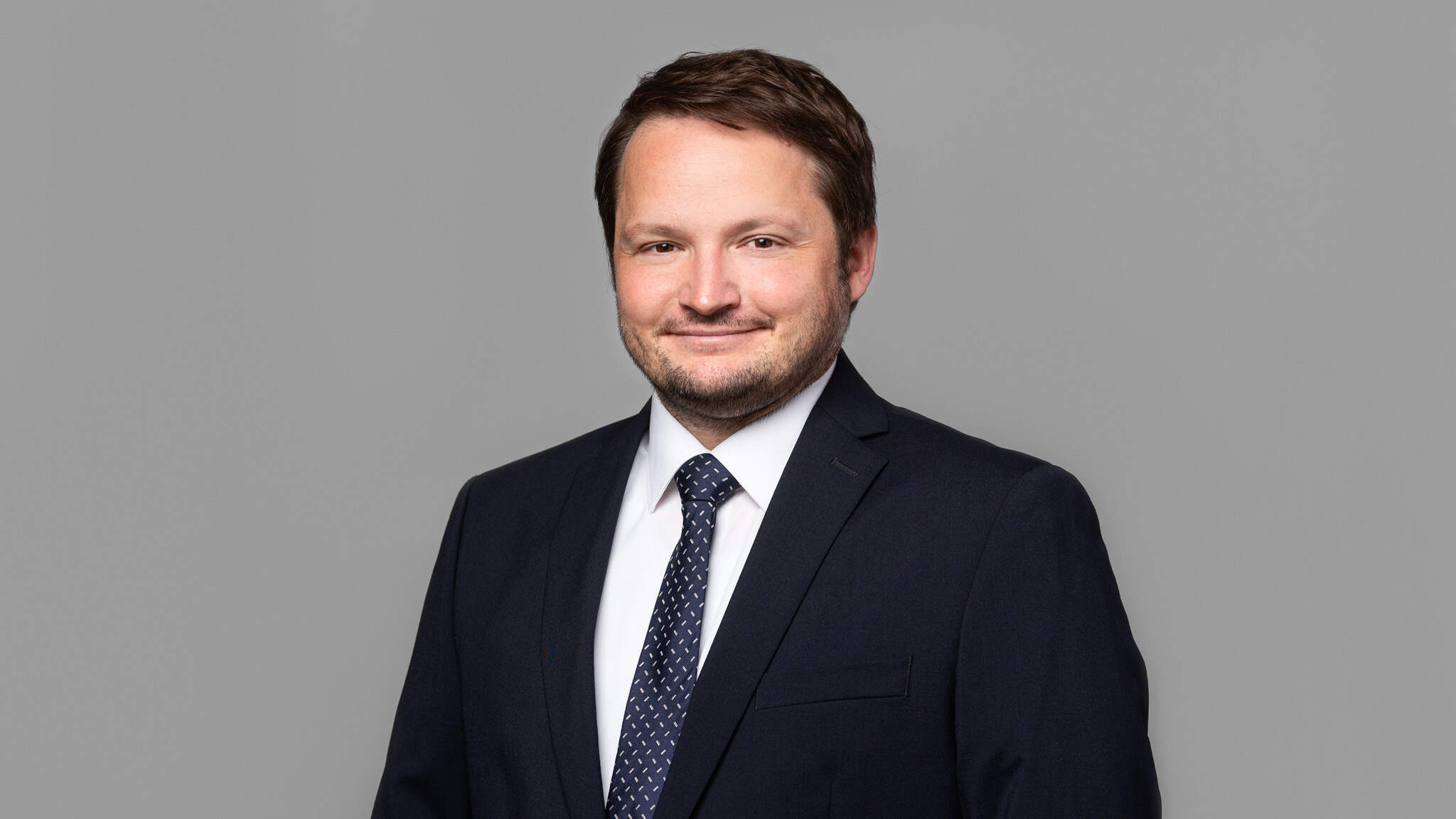From the Maghreb to global markets
North Africa is booming: the Maghreb countries are taking great strides in their manufacturing industries and energy economy. Morocco in particular is moving even closer to European markets. Through a new gateway in Strasbourg, this aspiring country now has a direct connection to DACHSER’s pan-European overland transport network.

It is a place imbued with a unique sense of magic. The term “Maghreb” comes from the Arabic word “al-maghrib,” which means “the west,” or literally “the place where the sun goes down.” Westernmost of all the Maghreb countries (alongside Mauritania, Algeria, Tunisia, and Libya) is the Kingdom of Morocco, known and loved by tourists the world over for the spectacular sunsets to be seen from its beaches, mountains, and deserts. Morocco’s popularity also has a lot to do with its political and economic stability.
This stability is proving to be a major success factor in these times of reshuffling manufacturing and trade relations. Given the recent frequency of supply chain interruptions and delays, manufacturing industries are being drawn to nearshoring as a solution to problems of cost, quality, and risk. The gas and electricity crisis is bringing huge new relevance to exports of climate-neutral energy sources, such as “green” hydrogen produced using solar power.
Against this backdrop, reports the information service Germany Trade & Invest (GTAI), there is now a growing perception in Europe of Morocco as a supply market, including for capital goods. Morocco’s manufacturers of items such as car parts and electronics—whose focus used to be on supporting domestic manufacturers of goods for export, especially cars—are now increasingly also supplying foreign markets directly, particularly in the EU. As a result, says GTAI, the Moroccan Ministry of Industry and Trade is now pursuing additional expansion of local manufacturing.
Logistics is booming
When it comes to achieving economic growth and expanding trade relations, logistics is a key driver of success. DACHSER began operations in Morocco just about 40 years ago. With its DACHSER Cargoplus product line, the logistics provider has established a sustainable connection between Europe and North Africa. A focal point here is procurement and distribution logistics for the automotive and textile industries. DACHSER transports its customers’ goods to and from Morocco, Tunisia, and Algeria—either as full truckload (FTL) or less than truckload (LTL) in combination with groupage services.
“Service quality, transparency, and reliability for the best possible blend of goods flows and speed: that is exactly what customers expect of DACHSER.”
M’Hamed Chraibi, Regional Managing Director Maghreb at DACHSER
“Over the years, we’ve created a perfectly functioning infrastructure for seamless procurement and distribution logistics in the Maghreb. Our state-of-the-art high-bay warehouses in Mohammedia and Tanger Med are where the various tailored bundling concepts and storage solutions come together. It is the hub for fast and efficient delivery to regional markets,” says M’Hamed Chraibi, who was recently appointed to the post of Regional Managing Director Maghreb. In this new role, the logistics expert will help roll out standard processes and DACHSER systems such as Domino and Othello in Morocco and Tunisia. He will also coordinate infrastructure overhaul and ensure that these countries are fully integrated into the company’s European network.

Daily scheduled services
Through a dedicated gateway, Morocco now also has a direct connection to DACHSER’s overland transport network. Since the beginning of the year, a daily scheduled truck service has been shuttling shipments between the Cargoplus branch in Strasbourg and Morocco. “Our Cargoplus gateway lets us bundle volumes from all over Europe and organize scheduled departures for our own trucks with defined transit times,” says Jens Lengefeld, Head of Partner Hub & Traffic Organization at DACHSER. “We ensure process efficiency through a team that has many years of experience in North African markets, our expert customs department, and the efficient connection to our European network.”
Since 2007, the bridge to Europe has started at the Tanger Med port near the Strait of Gibraltar. Expanded in 2018, it is now the largest port in both Africa and the Mediterranean region. Connected to 186 other ports worldwide, it has the capacity to handle the processing of over nine million containers, the transit of seven million passengers and 700,000 TIR trucks, and the export of one million vehicles. This also makes Tanger Med a preferred industrial location for more than 1,100 companies from a variety of sectors, including automotive, aerospace, logistics, textiles, and retail.
In 2021, DACHSER opened its own warehouse at Tanger Med; steadily increasing goods flows meant that the warehouse in Casablanca was reaching its limits. DACHSER’s Tanger Med facility now provides more than 7,000 pallet spaces on a site area of 5,500 m². Another key milestone on the path to integrating Morocco into DACHSER’s pan-European logistics network was the company’s recent certification as an Authorized Economic Operator (AEO). This greatly simplifies customs procedures for “established senders.” The certificate is valid for all EU countries. “AEO certification is an important step for DACHSER Morocco,” Chraibi says. “It is the result of our continued commitment to offering a high degree of service quality, transparency, and process reliability to produce the best possible blend of goods flows and speed. In other words, exactly what customers expect of DACHSER.”
